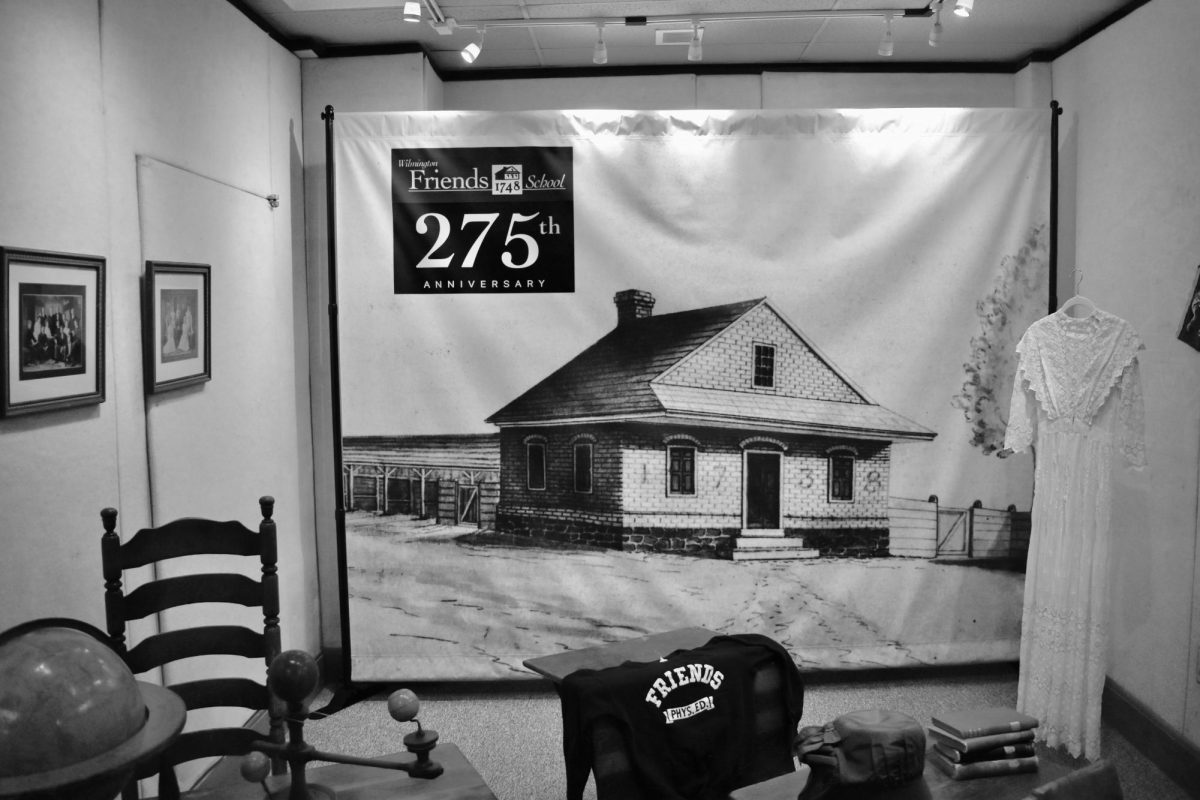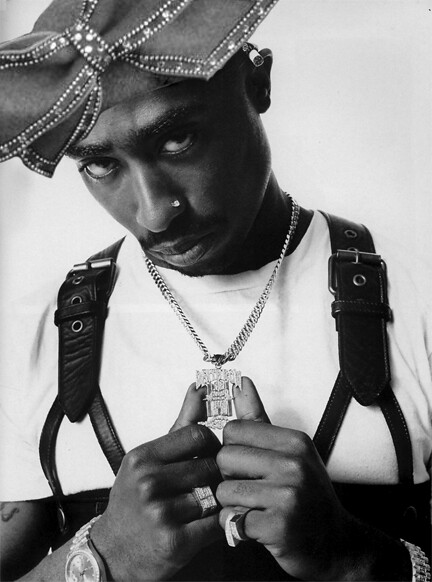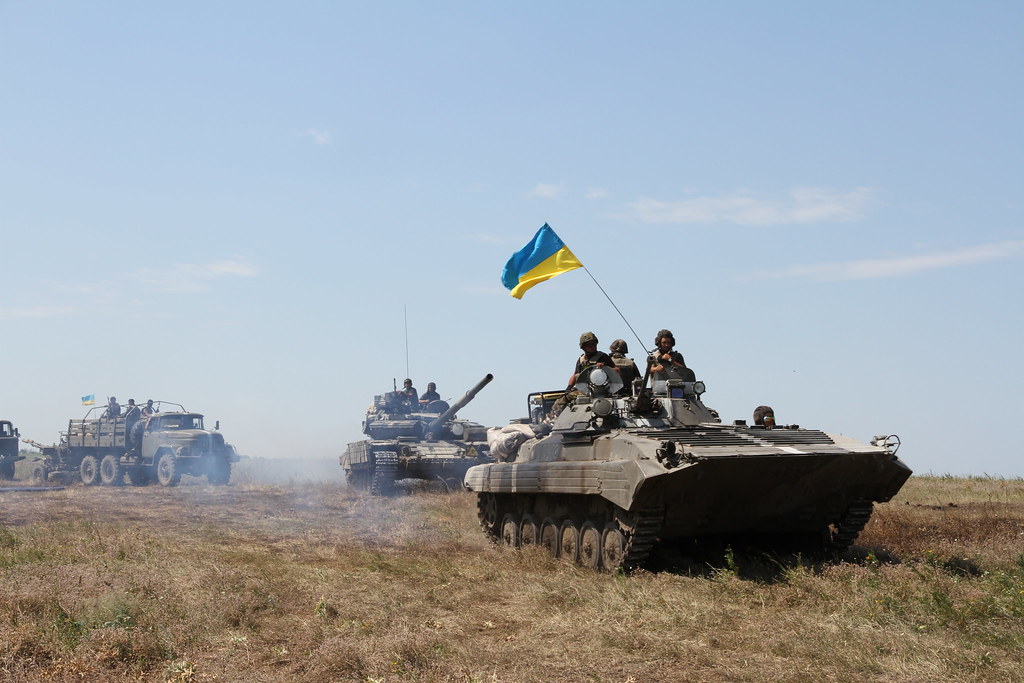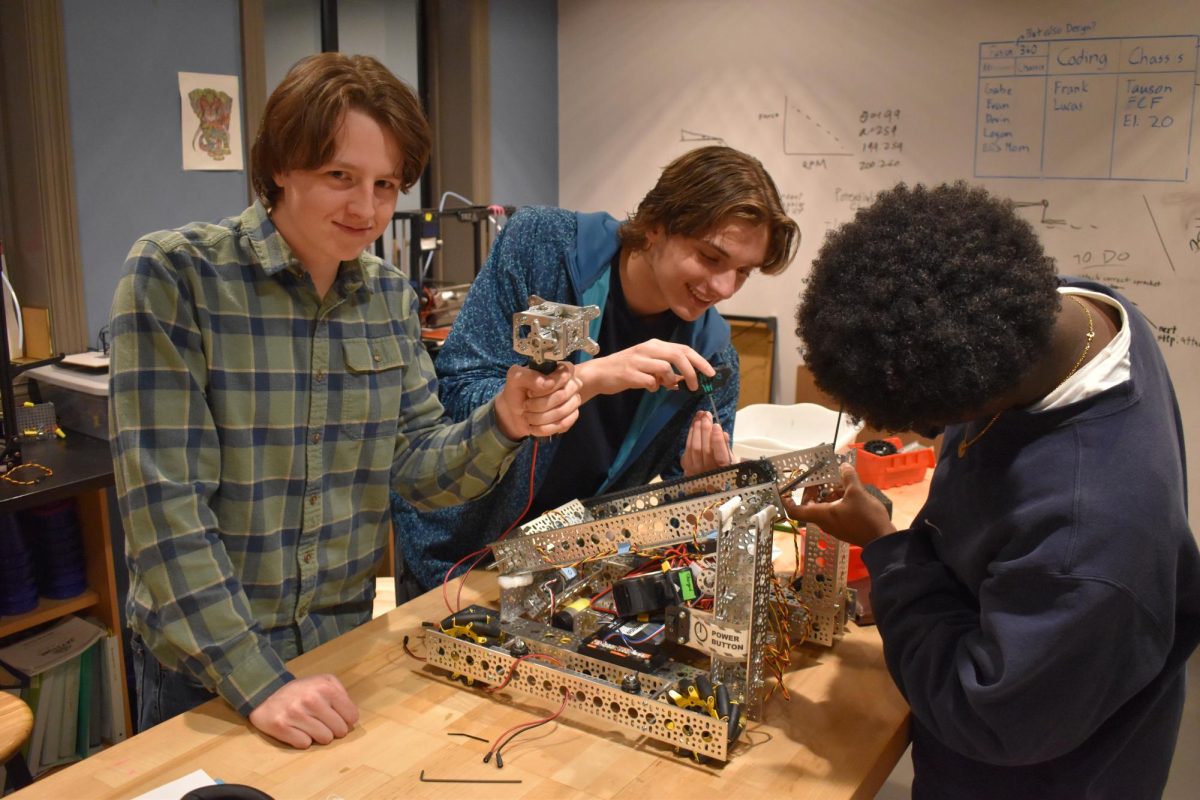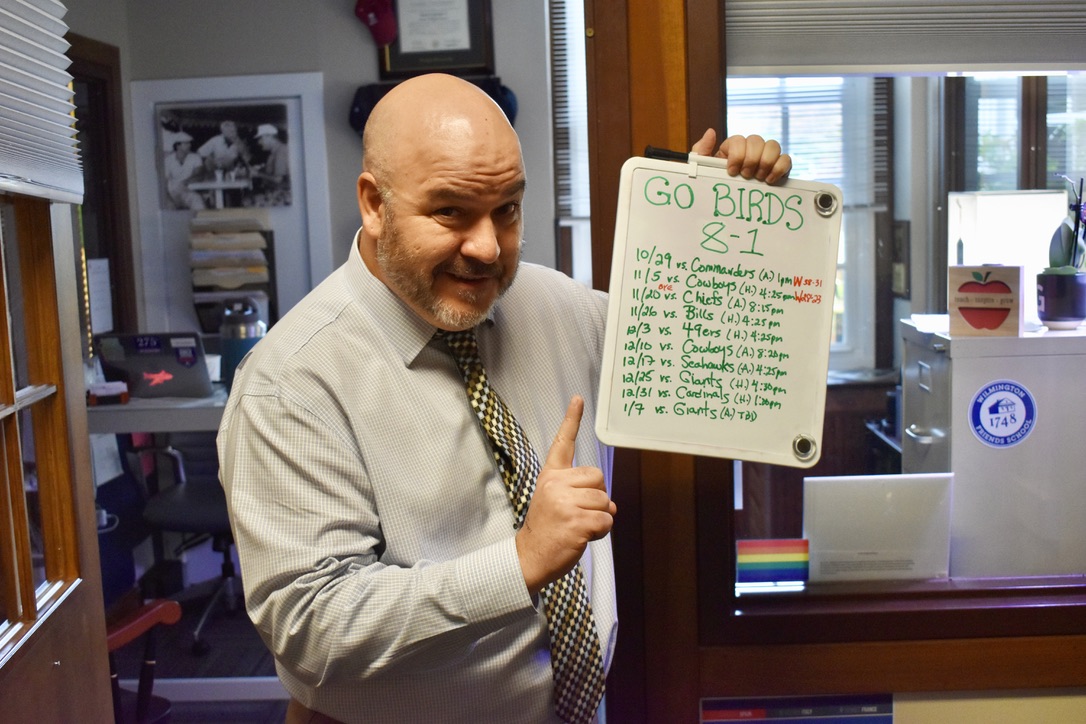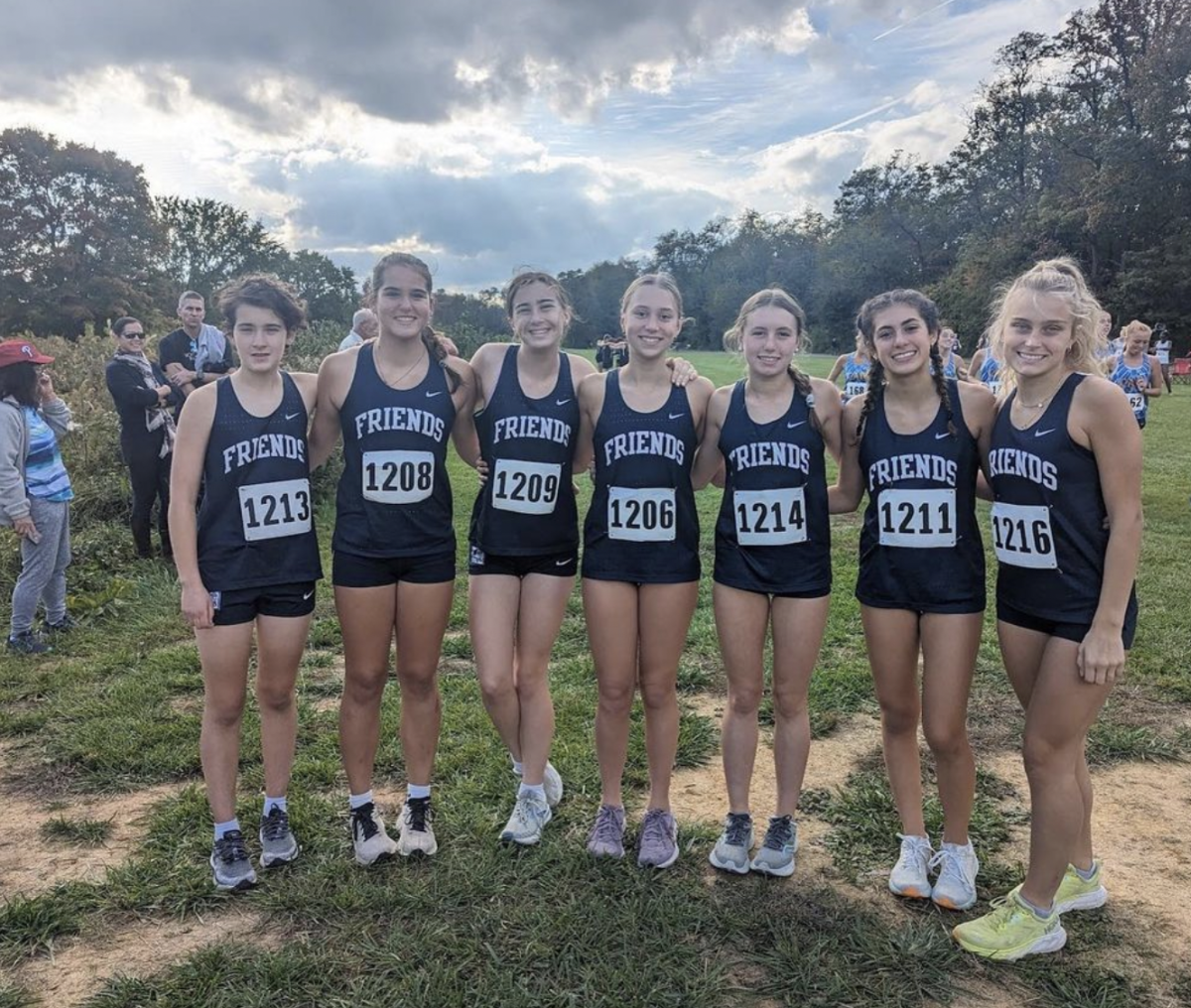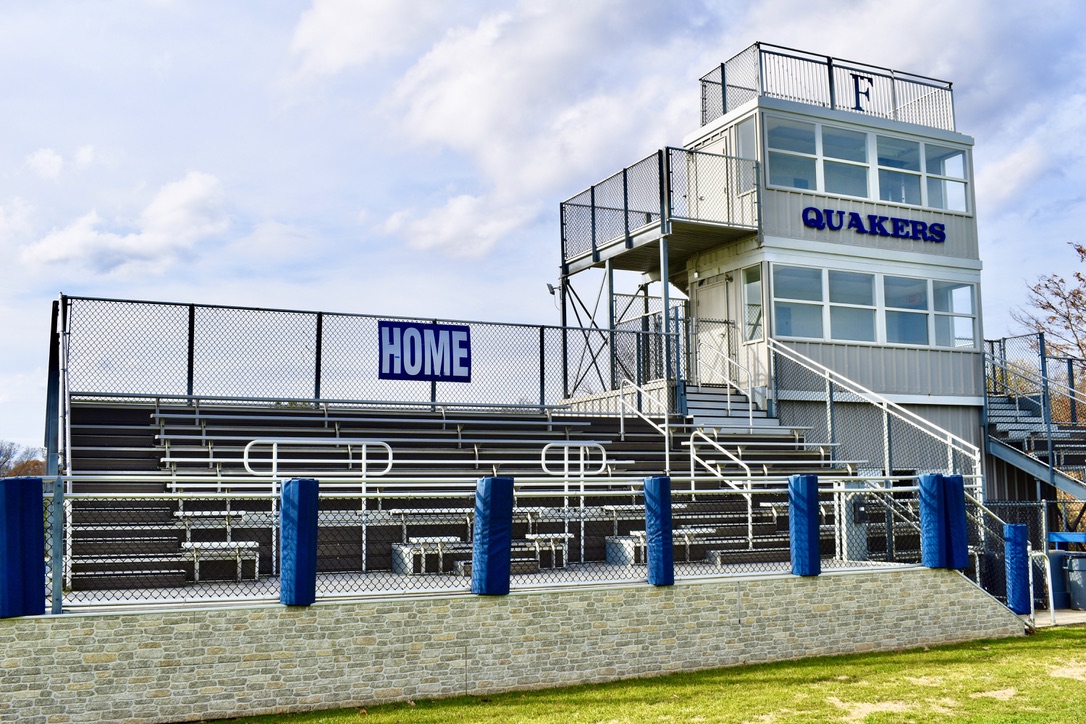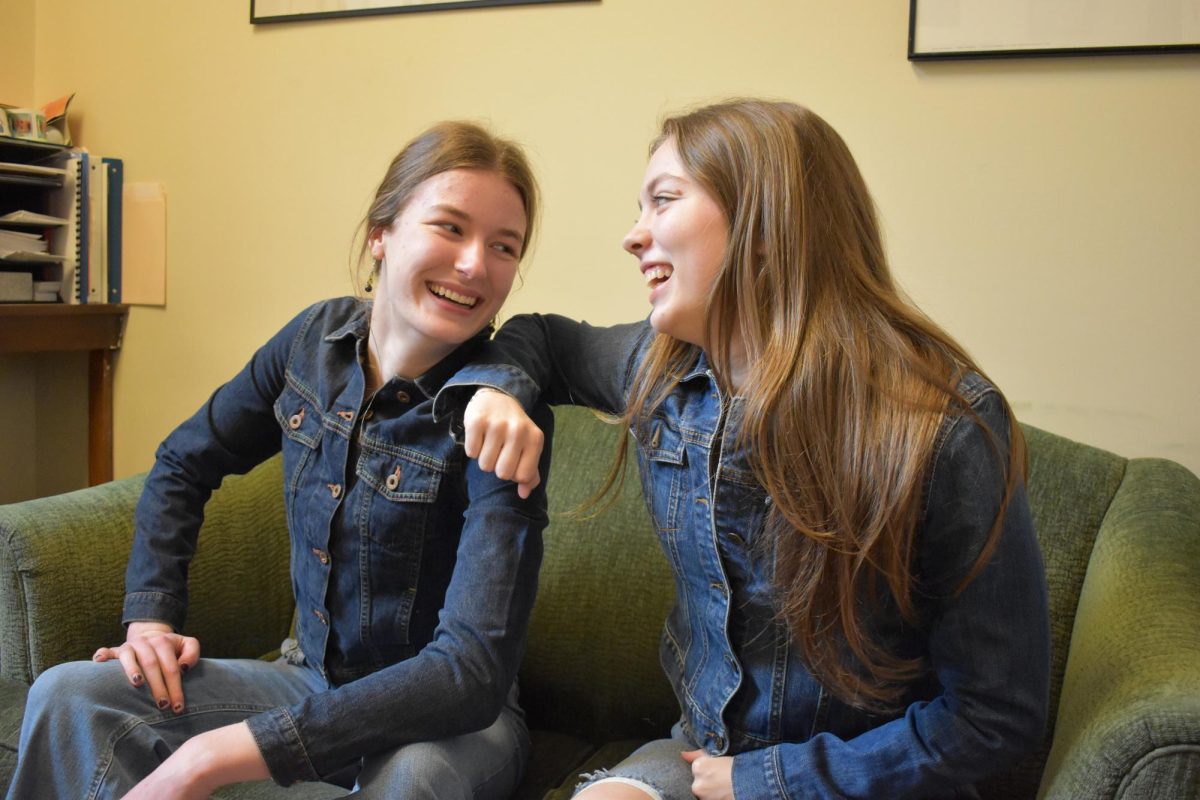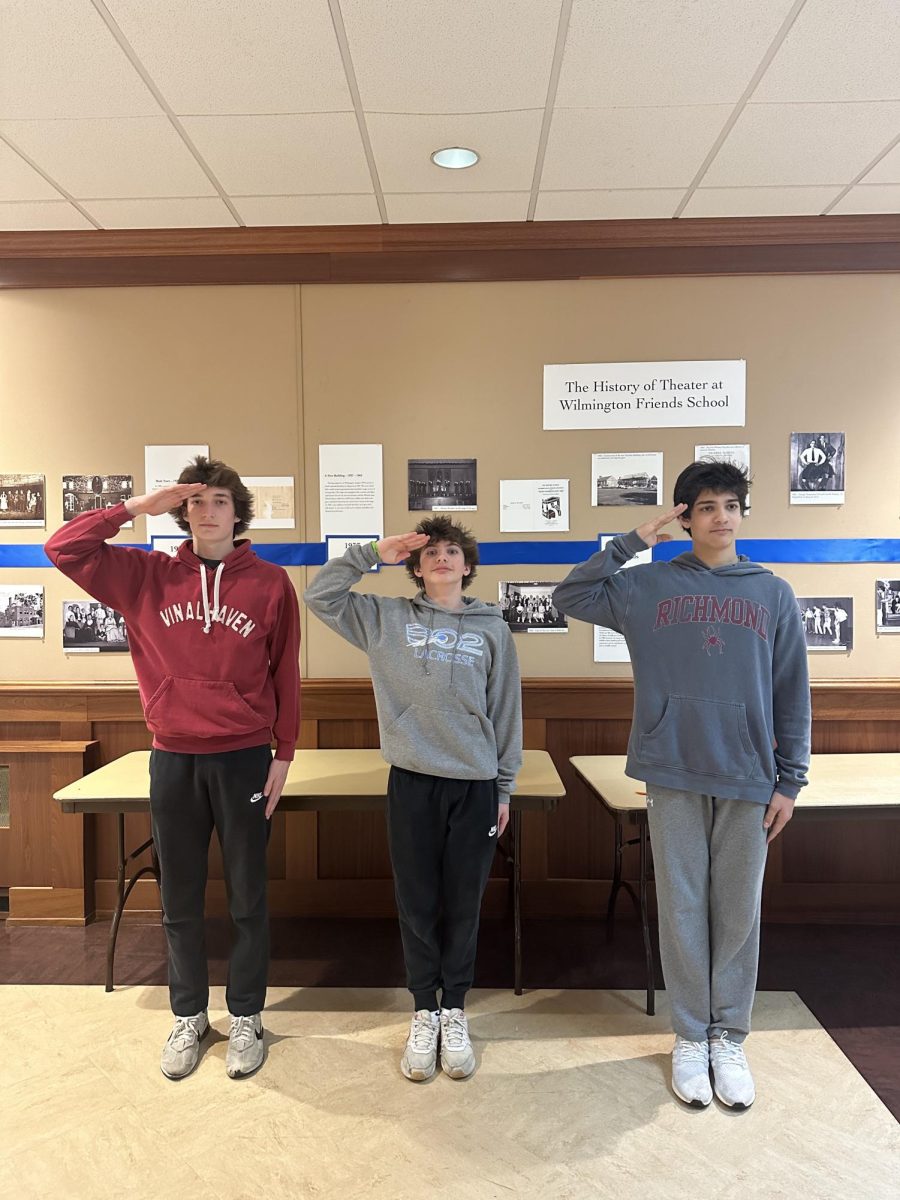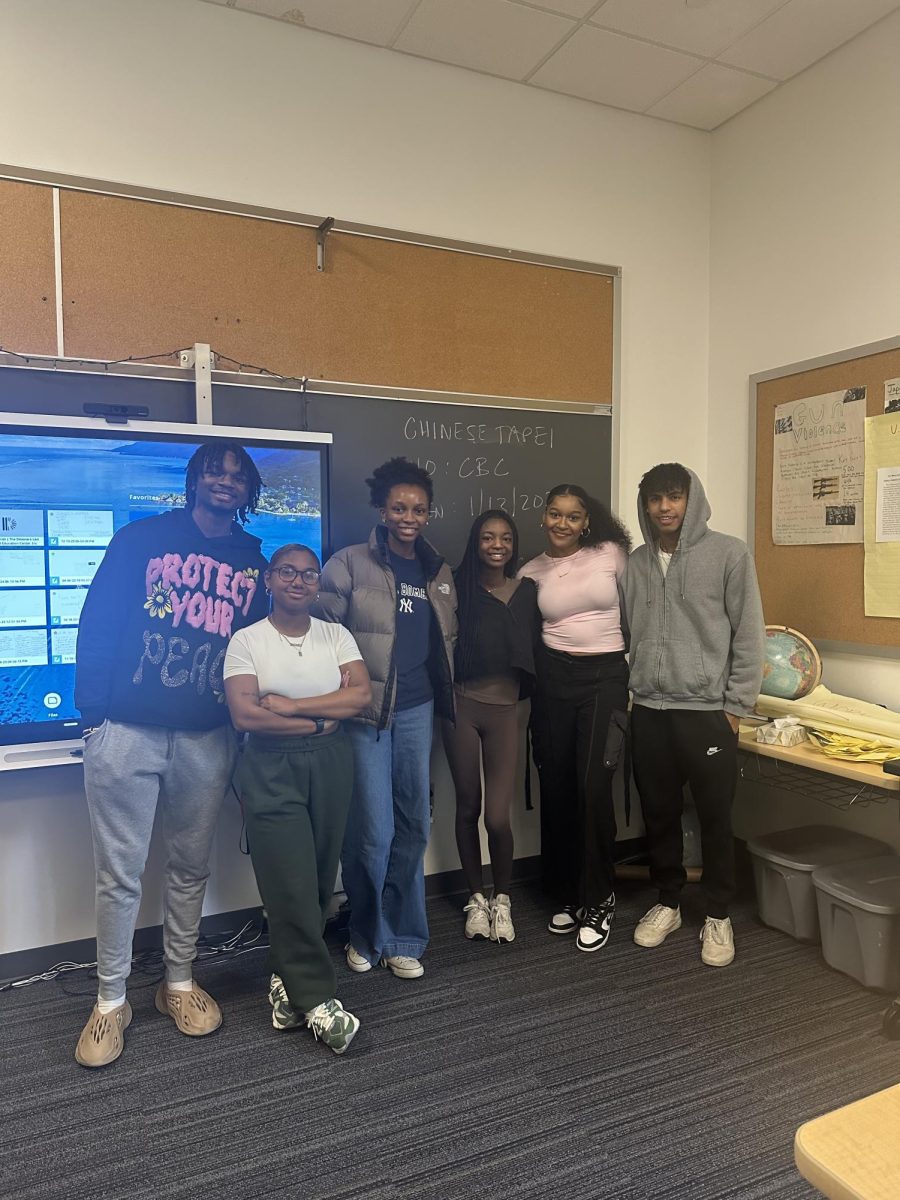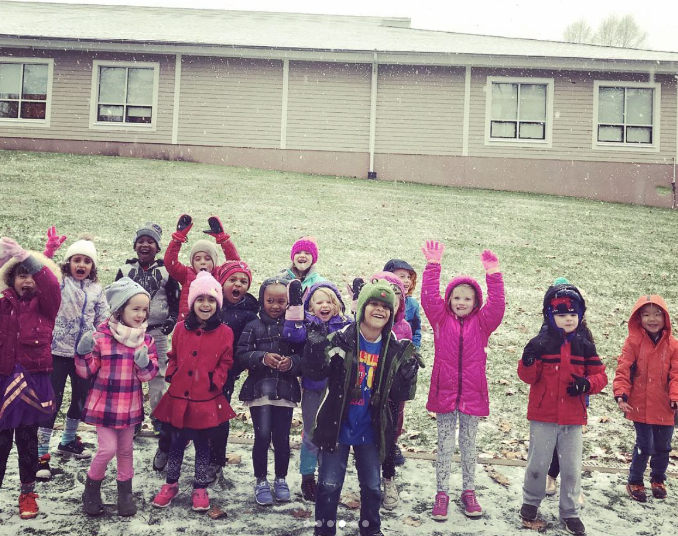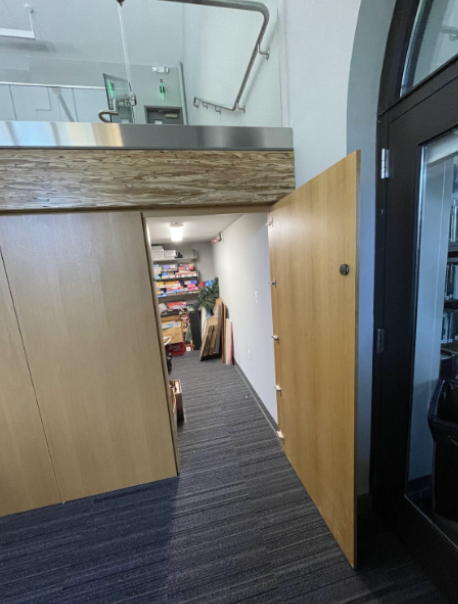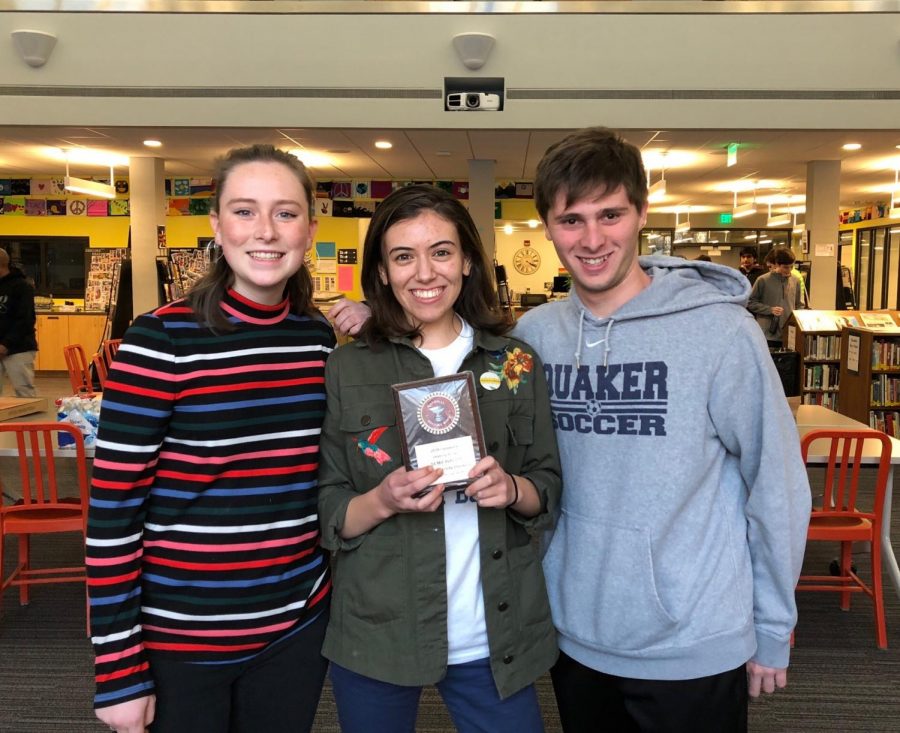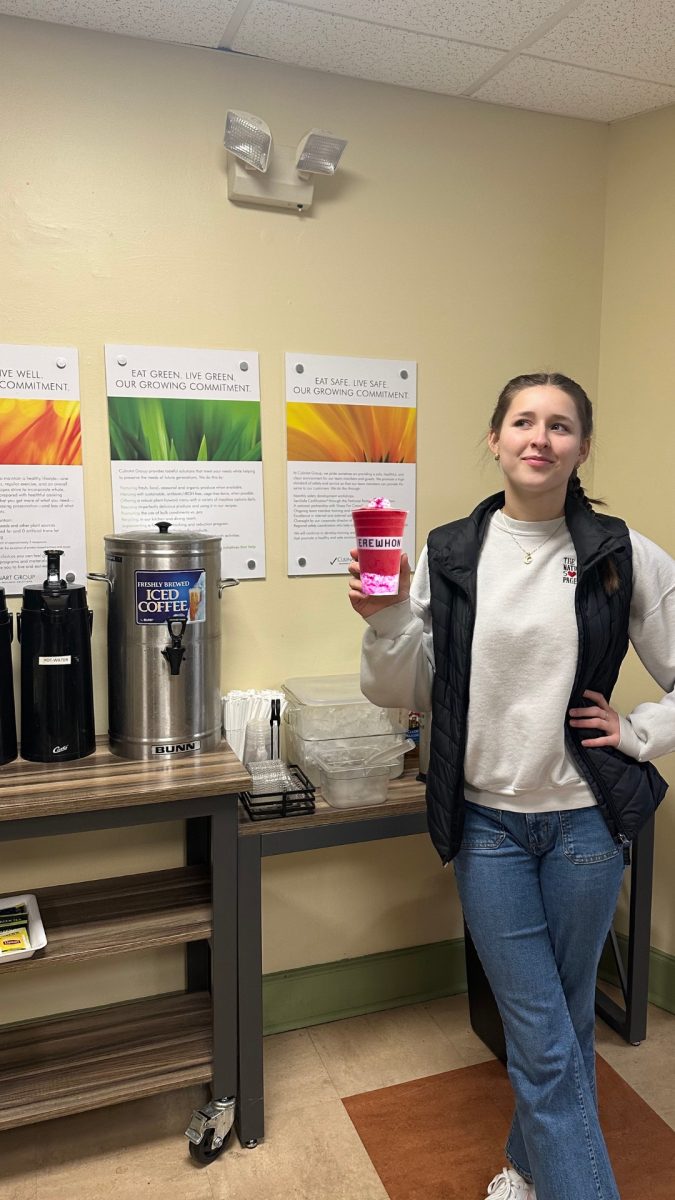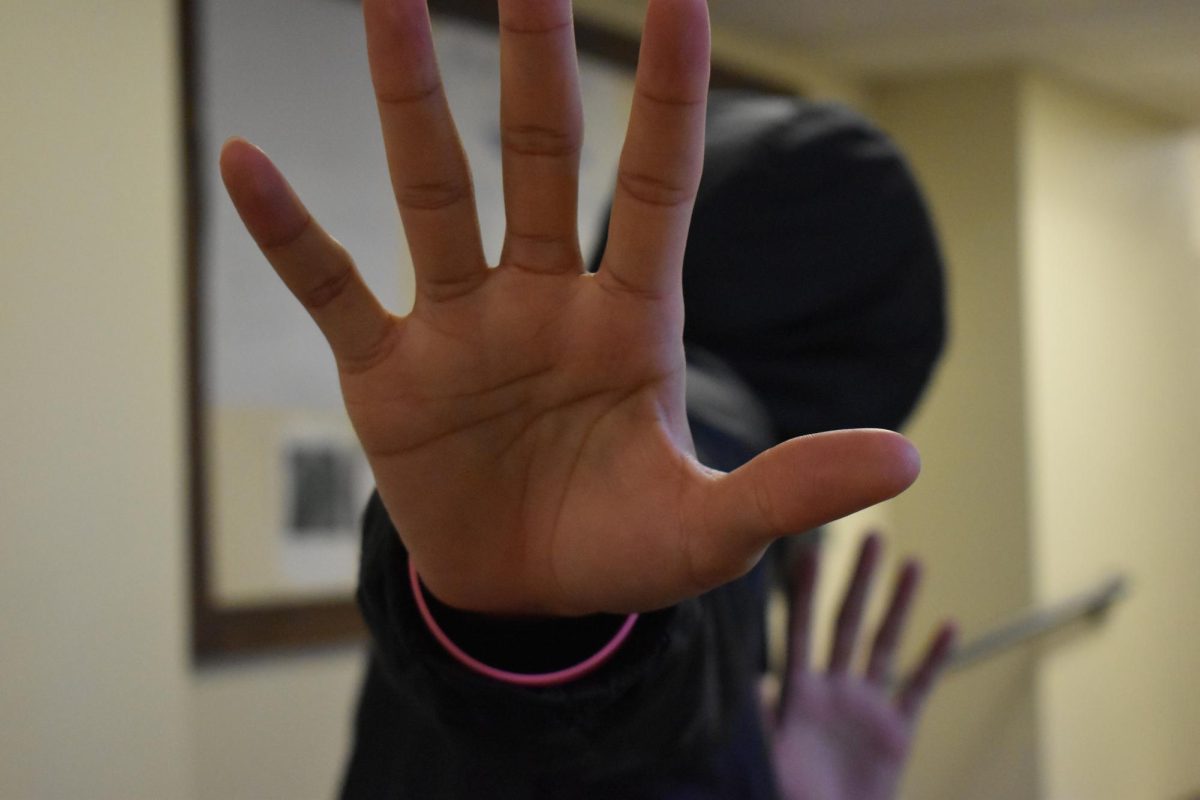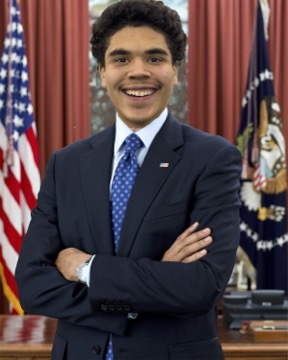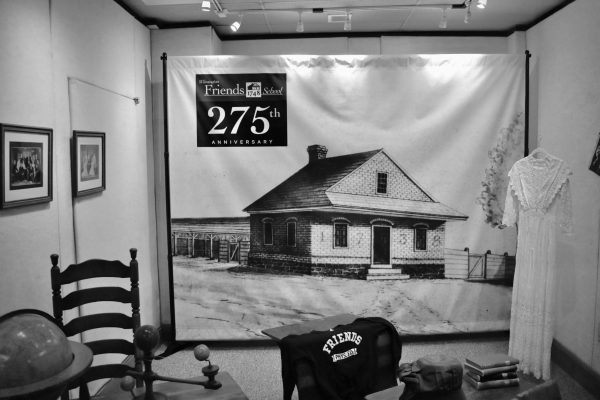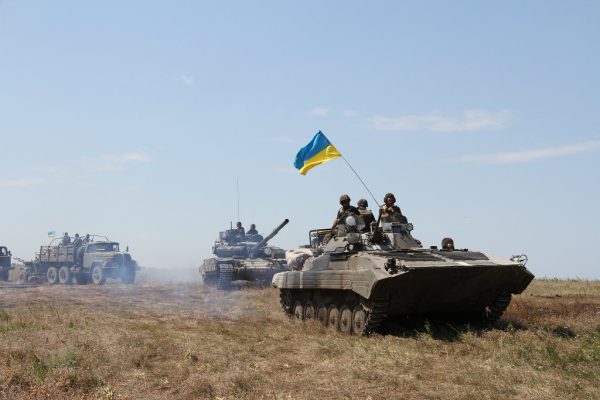WFS Sends Two Teams to the National History Bowl
One of the teams headed to Nationals (Alex Patterson missing)
March 28, 2018
On Saturday January 6th, fifty WFS students participated in the Regional History Bowl tournament. This competition is designed to test the breadth of their historical knowledge in small teams of four to six. During the day, teams compete against other students from the Mid-Atlantic region and try to accumulate the most points and wins to carry them to the national tournament. This year two teams made it to nationals: Team A, which consisted of Alex Patterson ’18, Cecilia Ergueta ’18, Lucy Knudsen ’19, and Jake Morris ’18, as well as Team B, which consisted of Mike Coons ’18, Jack Coons ’18, Robert Baldwin, and Dalton Ramsey ’18.
Participants can be asked any range of questions from ancient history to recent history, in the several rounds that compose an average History Bowl match. There are four rounds to the competition. In the first round, whichever team answers first gets the points. The second is the same as the first, but there is an option to get a bonus question if the team gets the answer right. The third round is the lightning round and each team has to answer ten questions in under a minute. Finally, the fourth round has a descending point system whereas the question is read, the number of points possible decreases until the question is done be read out loud. The variation of the different rounds leads to different strategies and excitement as students get to test their knowledge and skills in different formats.
The National History Bowl organization was founded in 2011 by history buff and entrepreneur, David Madden. Madden was familiar with Quizbowl-style tournament play and sought to create a similar opportunity to compete based on historical questions. Javier Ergueta, WFS history teacher, has been involved since the beginning. Ergueta commented, “I read about it and at that point I took a team of students to the only regional tournament there was at the time and we had to travel two hours to go to central Pennsylvania. We enjoyed it and continued to do it for several years.” Ergueta remarked that there were two factors that contributed to his continued involvement with the organization: he thought it was a great opportunity for students at the school and his kids, Cecilia Ergueta ’18 and Emilio Ergueta ’16, were interested in it from a young age.
Ergueta commented that he and his teams would usually end up going to the national tournament, and it was during one of these years that Madden approached Ergueta and asked if he would be interested in hosting a tournament at WFS. This initiative was proposed to the school and the history department, who saw it as a way of lowering the economic barrier to kids due to cost of admission because they could send 15-25 kids for free and an easy way to get more people interested. Instead of driving several hours to the closest regional tournament, interested WFS students would just have to drive the distance they come to school every day.
The department’s goal of lowering costs and raising interests was met with success. In recent years as many as 10 teams have participated and this year, as the Wilmington Friends Facebook page posted, “WFS fielded over 50 students and 12 teams, a school record.” This demonstrates how participation has been steadily climbing in recent years, and Ergueta hopes that it will continue to do so. He attributes the success of the program to the efforts of the history department, he commented, “The history department has been very active in this program. This is why so many kids are showing up.” Ergueta also remarked that our school is quite unusual in terms of the ratio of women to men which compete. He estimates that at the National History Bowl tournament about 80% of participants are men, but here at WFS our teams are very much fifty-fifty men and women.
Even though WFS teams have done well regionally, and have gotten to nationals, a WFS team has never won the national tournament. The answer to this can be found in the context of our WFS history curriculum. History Bowl is about having a wide breadth of knowledge that includes specifics such as dates, names, and events. At WFS, history classes tend to go more in depth by following civilizations through the centuries and making connections between their development. Ergueta remarked, “The ideal grounding in school that a kid who is successful in history bowl would have, would be to have history taught in every grade. Early exposure to the history of many societies. Continuity of attention payed to history so that it is communicated to kids that history is central, in both the school and in the home. We tend to the cover history in terms of depth in the HL program. It mirrors the AP versus IB approach in many ways.” However, many students defend that the possibility of a national win is not what keeps them involved, instead they are drawn to the fun atmosphere of the tournament and getting to compete with friends.
Alex Patterson ’18, one of the students who made it to the national tournament, commented that he keeps participating because “history tells the most interesting stories. I wanted to participate in history bowl because it is fun to see what you know and what others know. You can put together a great team of friends and have a good time.” In the past, teams have made t-shirts and cookies for the competition day to make the most of the experience.
The history department plans to continue encouraging students of all grades to participate. They believe this truly is a great opportunity to have fun and exercise students’ history knowledge in a friendly environment. This tournament is certainly not limited to “history buffs” or experts, but instead open to anyone who has an interest and wants to see what they know. As the two teams continue on to nationals, WFS wishes them luck and that they make the most of the experience.

